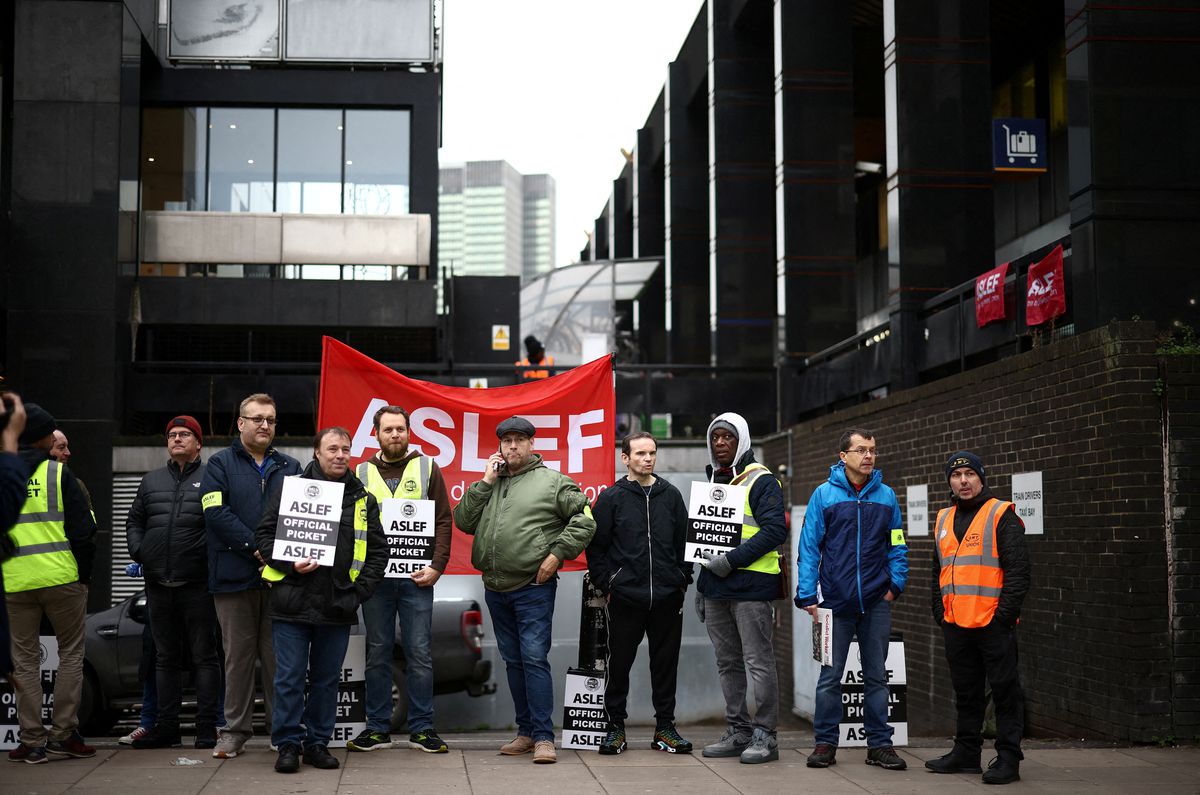UK: Unions Criticize New Strike Laws
Under the terms of proposed new legislation in the UK, business secretary Grant Shapps would be able to determine statutory minimum service levels that certain public services must meet. The opposition Labour Party, along with unions, has criticized the bill

Facts
- Under the terms of proposed new legislation in the UK, business secretary Grant Shapps would be able to determine statutory minimum service levels that certain public services must meet. The opposition Labour Party, along with unions, has criticized the bill, which may undermine the ability of many public sector workers to strike.
- Unions have threatened legal action if the bill passes. Shapps has defended the legislation, which he has argued is intended to protect lives and livelihoods amid a wave of labor movement activity in recent weeks.[2]
- He has relayed to the House of Commons that he considers the legislation compliant with the European Convention on Human Rights. The law will impose arrangements on ambulance, fire, and rail workers and could unilaterally impose minimum service levels on other sectors.[3]
- UK Prime Minister Sunak continues to face difficult negotiations with workers. Many striking employees are demanding better working conditions and pay rises in line with inflation — still at double digits in the UK.[4]
- General Secretary of the RMT rail union, Mick Lynch, has called the legislation "an attack on human rights and civil liberties," and the Labour Party has said it would repeal it if it wins the general election set for 2024.[5]
- Sunak is expected to unveil the new laws on Thursday.[6]
Sources: Guardian, BBC News, Financial Times, CNBC, Reuters, and Telegraph.
Narratives
- Right narrative, as provided by The Spectator (UK). At a time when ambulance staff across the UK are refusing to attend even severe emergencies — such as heart attacks and strokes — Labour leader Kier Starmer's decision to stand against this legislation may turn out to be a mistake. Sunak is not trying to take away the right to strike, however, Starmer may be setting himself up to be portrayed as the friend of militant unions at an electoral cost.
- Left narrative, as provided by The New Statesman. These draconian anti-strike laws are undemocratic and, ironically, un-conservative. A key tenet of Thatcherism was battling against the unions, but the right to industrial action is key to libertarianism and free markets. The clear thinking of previous union reforms is conspicuously absent here — evidence that this is an ill-considered and rash response to current disputes rather than a carefully constructed piece of legislation guided by ideological principles.






